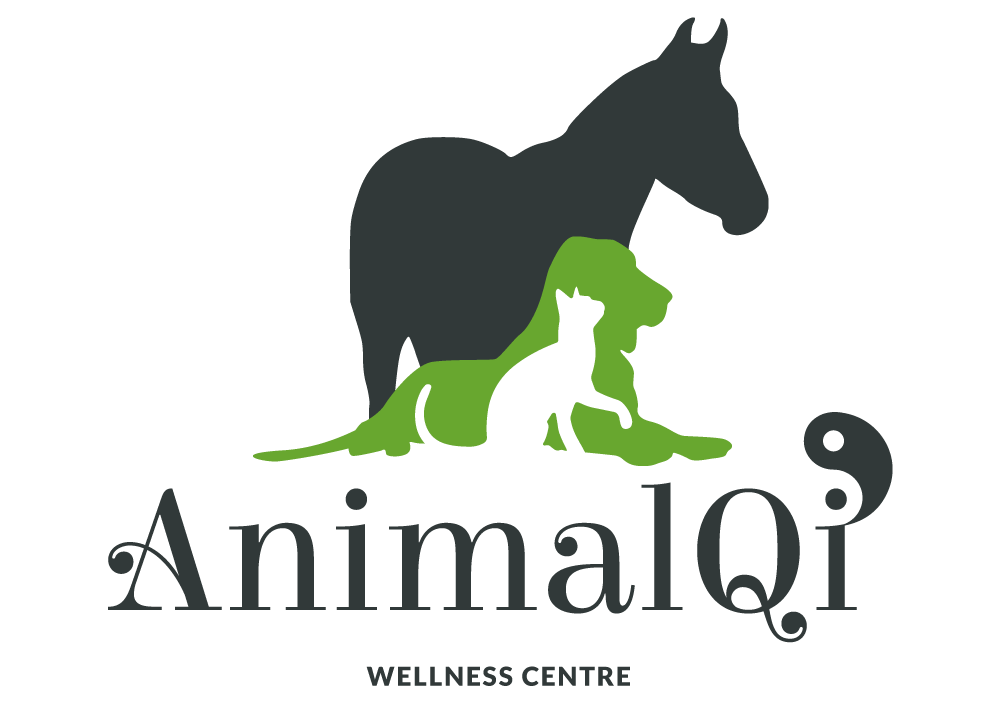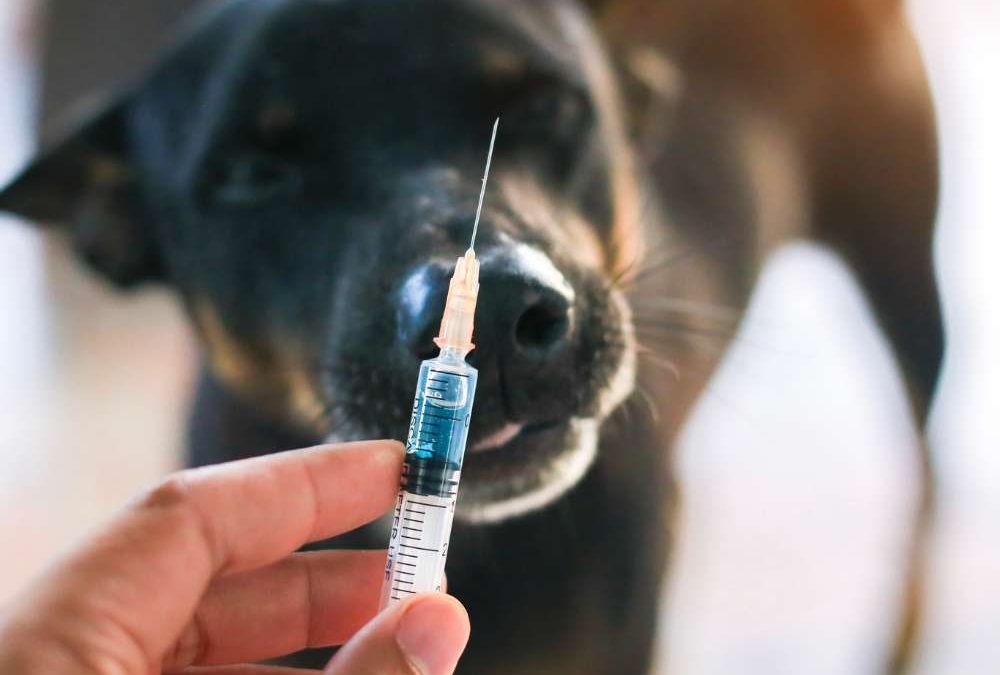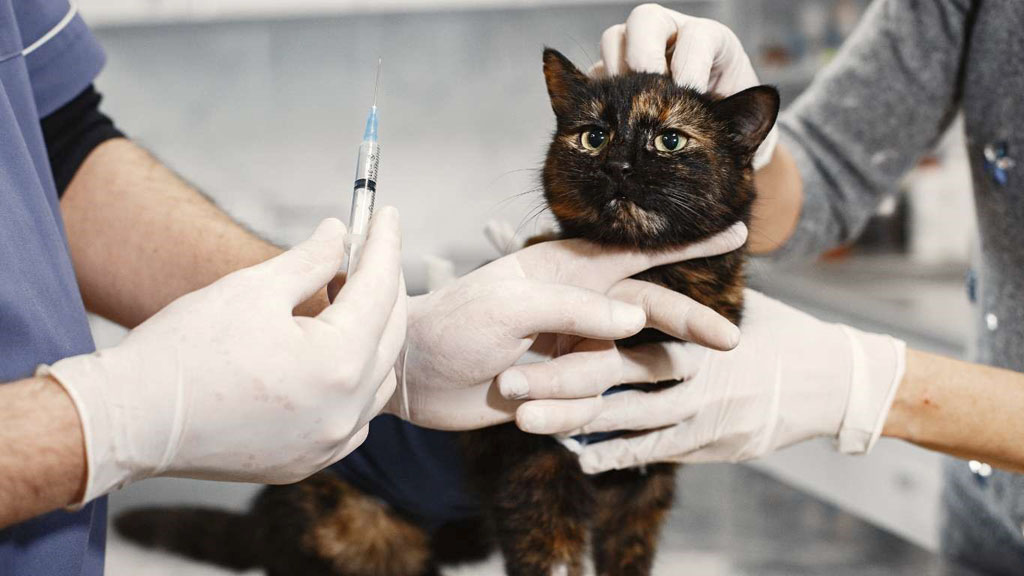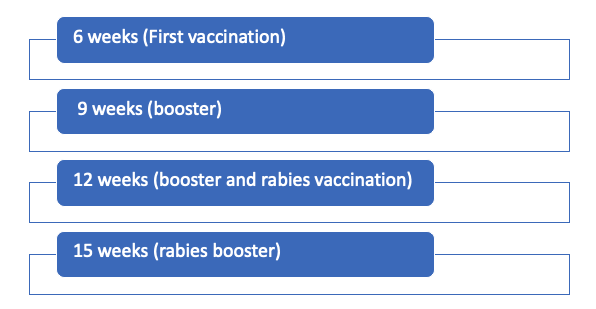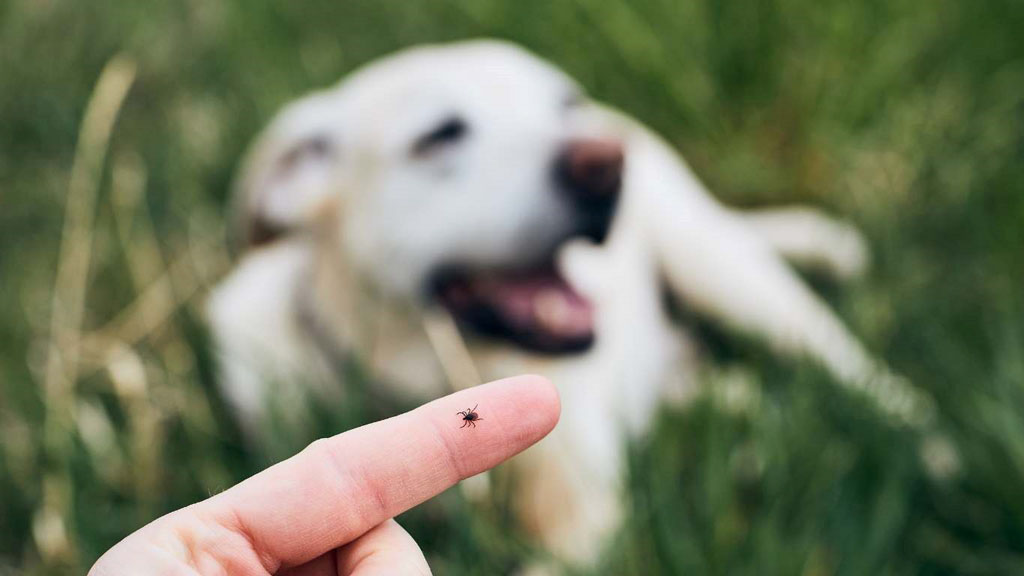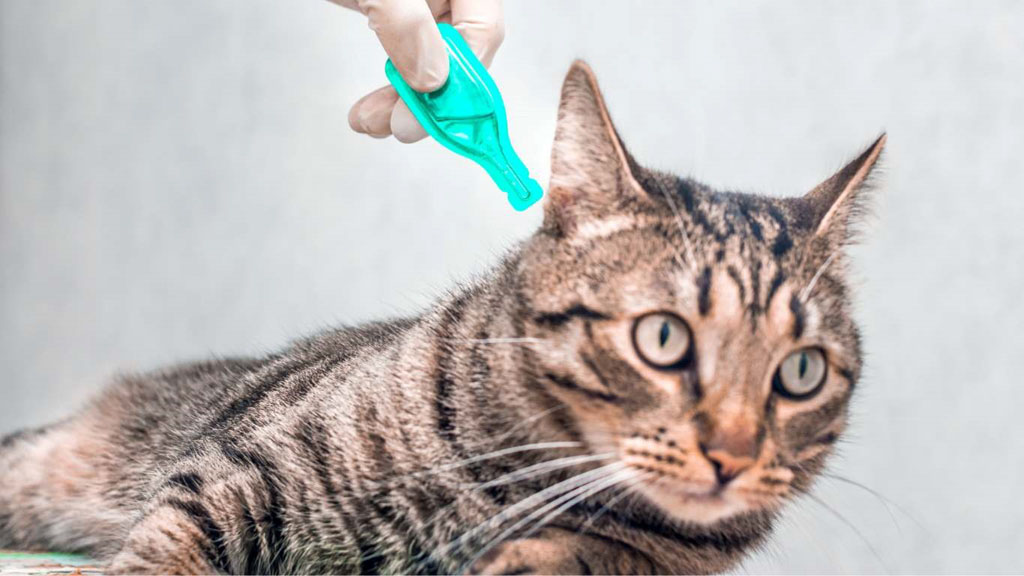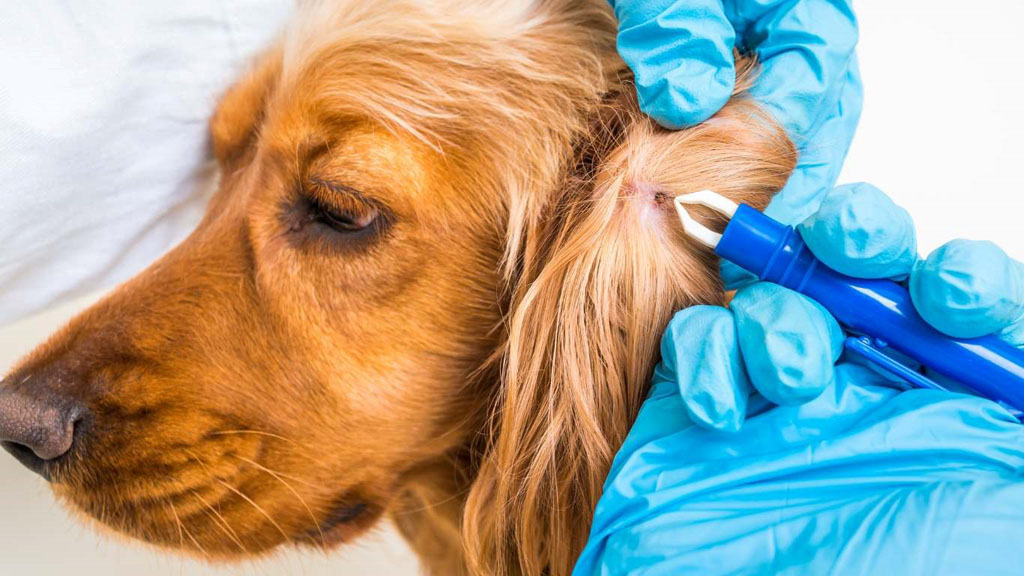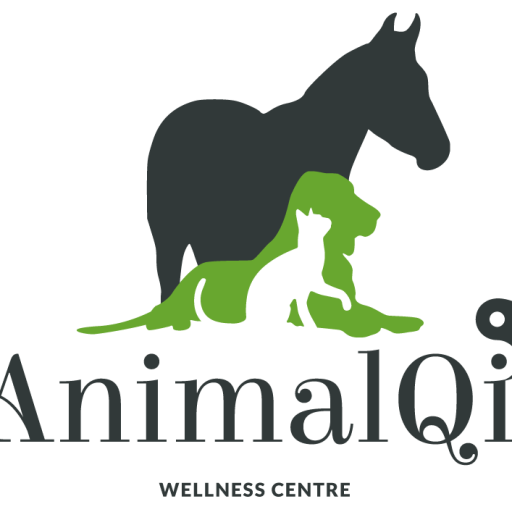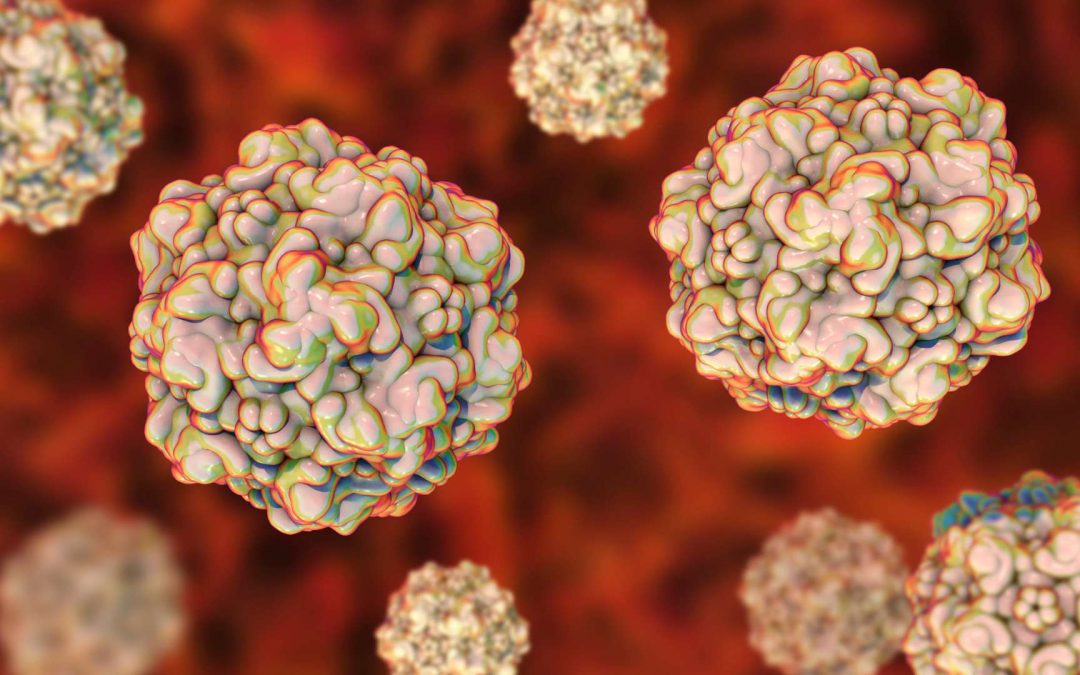
Understanding Canine Parvovirus: Symptoms, Prevention, and Treatment
What is Canine Parvovirus and How Does it Spread?
What is Canine Parvovirus?
Canine Parvovirus, often called Parvo, is a highly contagious and potentially fatal virus that primarily attacks a dog’s digestive system. Young puppies and unvaccinated dogs are most at risk, as the virus can cause severe dehydration and damage to the intestines, leading to life-threatening complications. The virus is resilient and can survive in the environment for months, making it a significant threat to unvaccinated dogs.
How Does Parvovirus Spread?
Parvo spreads through both direct and indirect contact. Dogs can catch it by coming into contact with infected dogs or contaminated surfaces. The virus is resilient and can live on common items like water bowls, leashes, floors, and even human hands and shoes. This makes it challenging to contain, especially in shared spaces like dog parks, boarding facilities, and grooming areas.
Prevention Tip: Regular disinfection and avoiding exposure to infected areas can help, but vaccination is the best protection.

The Importance of Vaccination
Vaccination is the most effective way to protect against Parvovirus. Puppies usually start their vaccination series at around 6–8 weeks, with boosters until they reach 16–20 weeks. Maintaining an up-to-date vaccination schedule, even for adult dogs, is crucial, as it greatly reduces the risk of infection and can save your pet’s life.
Recognizing the Symptoms of Parvovirus in Dogs
Symptoms to Watch For
Early detection is key when it comes to Parvo, as the virus can escalate within 24–48 hours. Initial signs include lethargy and a lack of appetite, but these quickly progress into severe symptoms, including:
- Vomiting
- Bloody diarrhea with a foul odor
- Fever or sometimes a low body temperature
- Rapid weight loss and dehydration
If your dog, especially a young or unvaccinated one, displays any of these symptoms, it’s critical to seek veterinary care immediately. Parvo requires fast intervention, as it can become life-threatening within a short period.
Survival and Treatment – The Road to Recovery
Prognosis for Parvo
With immediate veterinary care, the survival rate for Parvovirus can range between 68–92%. Treatment is intensive and often requires hospitalization, isolation, and specialized care. However, with timely intervention, many dogs can recover and go on to lead healthy lives.
Intensive Care Treatment
Treatment for Parvo includes a combination of supportive therapies aimed at stabilizing and helping the dog recover:
- IV Fluids and Electrolytes: To combat severe dehydration and keep vital organs functioning.
- Anti-nausea and Pain Relief: To help manage discomfort and vomiting.
- Antibiotics: These are used to prevent secondary infections since Parvo can weaken the immune system.
- Nutritional Support: Maintaining strength is essential for recovery, so dogs are given nutritional support as needed.
Recovery usually takes a week or more of dedicated care in a veterinary hospital, making vaccination a far easier and more effective way to prevent Parvo.
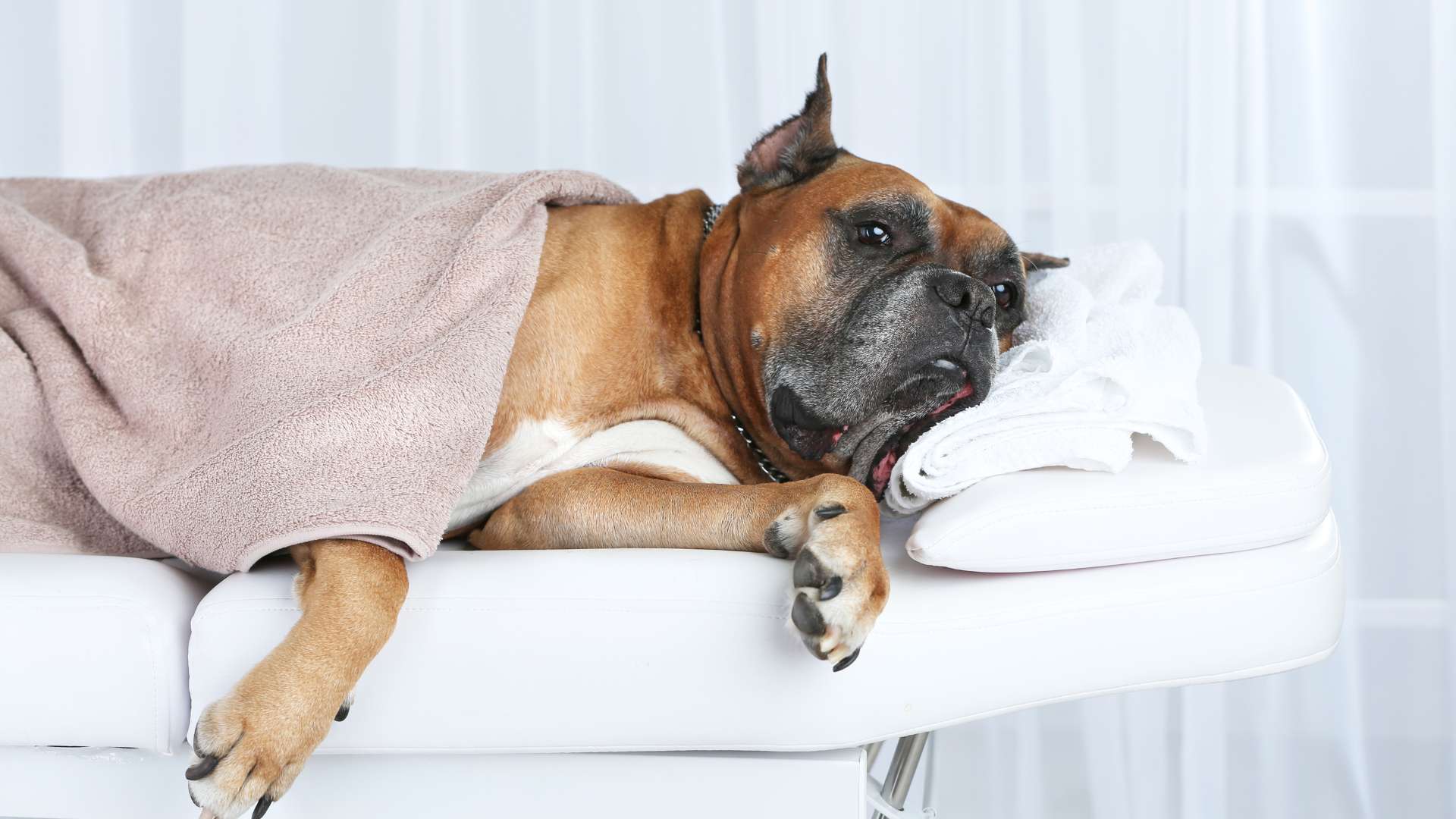
Take Action – Vaccinate for a Healthier Future
Protect Your Pet
Vaccination remains the most reliable defense against Canine Parvovirus. At AnimalQi, we provide Parvo vaccinations for both puppies and adult dogs. Ensuring your pet’s vaccination is up-to-date is essential for their long-term health and safety, particularly for highly contagious diseases like Parvo.
Book Your Appointment Today
Don’t wait—schedule a vaccination appointment with AnimalQi to protect your pet from Parvovirus and ensure they stay healthy. Prevention through vaccination is the best form of protection. Keep your furry friend safe, healthy, and happy this season.
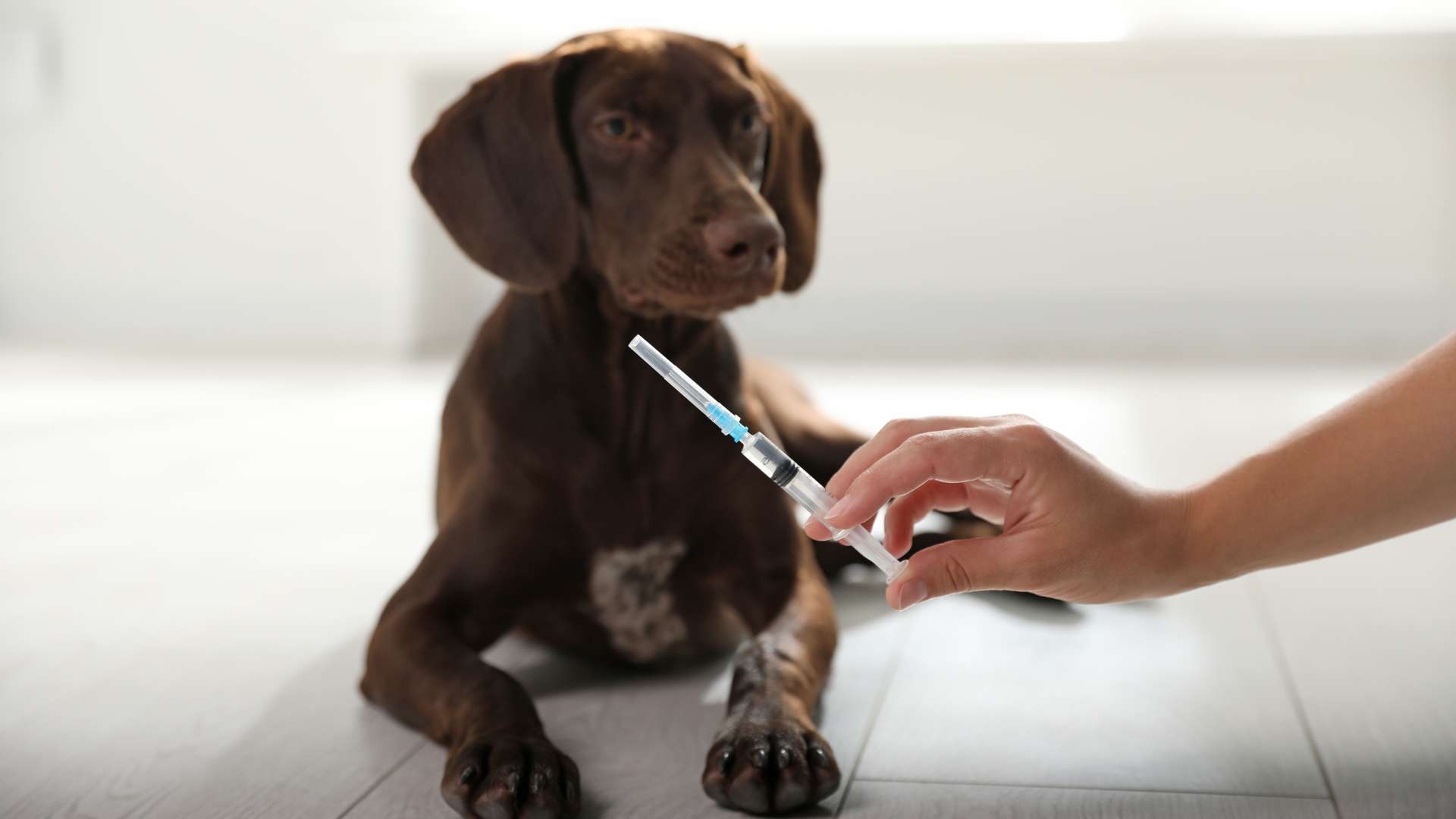
Emergency? Contact AnimalQi
If you suspect your dog may have Parvo, contact AnimalQi’s emergency line at [Your Emergency Number] for immediate assistance. Our team is here to provide the care your pet needs, whether it’s for prevention or urgent treatment.
AnimalQi – Your Partner in Pet Health
Book an APPOINTMENT today!
Please email us at [email protected]
Our experienced team of veterinarians is here to help your pet feel their best.
(Diagnoses and treatment advice will not be given on email of WhatsApp)
